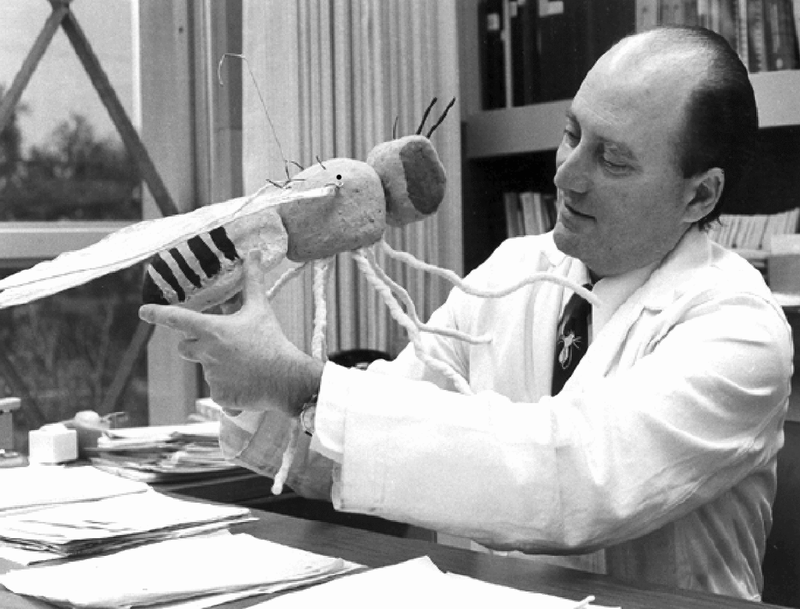Seymour Benzer’s scientific journey included breakthroughs in genetics and physics. But it could all be traced to a gift he received for his 13th birthday: a microscope given to him by a favorite brother in law.
“And that opened up the whole world,’’ Benzer said in an oral history for the California Institute of Technology decades later.
Benzer had a doctorate in physics from Purdue University and spent time working with germanium and taking part in a secret military project to improve radar. But he found his interest was in genetics. In the ensuing decades at Purdue and Caltech his pioneering research would establish ties between genes and behavior and longevity.
Caltech, in his obituary, called Benzer “a founder of the field of modern genetics.’’ At Purdue, Benzer’s work proved for the first time that a single gene could be divided. His groundbreaking research, Caltech said, “laid the foundation for the later understanding of the fine structure and regulation of the gene.’’
In 2000, author Jonathan Weiner wrote about Benzer in his acclaimed book, “Time, Love, Memory: A Great Biologist and His Quest for the Origins of Behavior.’’
By Robert Warren







